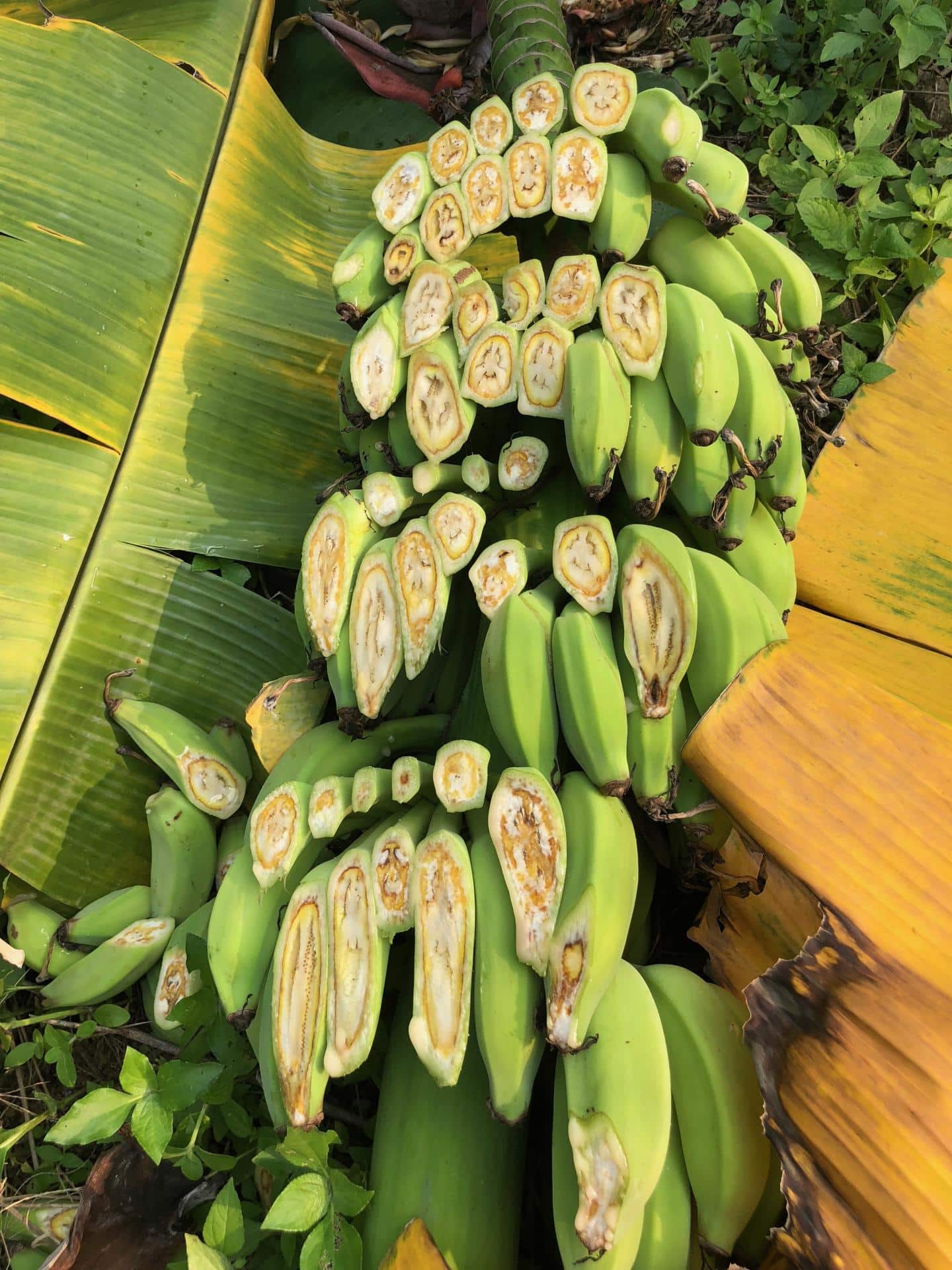Pathogens that attack agricultural crops show remarkable adaptability to new climates and new plant hosts, new research shows.
Researchers at the Department of Biosciences, University of Exeter studied the temperature preferences and host plant diversity of hundreds of fungi and oomycetes that attack our crops.
The researchers found that plant pathogens can specialise on particular temperatures or host plants, or have wide temperature or host ranges.
Lead author Professor Dan Bebber, a member of Exeter’s Global Systems Institute, said: “Traditionally, scientists have considered species to be specialists or generalists.
“Generalists are sometimes called ‘Jack of all trades, master of none’. Our analyses show that many plant pathogens are ‘Jack of some trades, master of others’.”
Tom Chaloner, an SWBIO DTP PhD student, said: “We have collated the largest dataset on plant pathogen temperature responses, and made this available for the scientific community.
“Our data allow us to test some of the most fundamental questions in ecology and evolution.
“For example, we found that temperature preferences are narrower when pathogens are growing within plants, demonstrating the difference between the so-called fundamental niche and the realised niche.”
The researchers used recently-developed statistical methods to investigate the co-evolution between pathogens and their hosts, showing that pathogens can readily evolve to attack new host plants.
“In an era of growing global population size, climate change and emerging threats to crop production and food security, our findings will be key to understanding where and when pathogens could strike next,” said co-author Professor Sarah Gurr.
Source: University Of Exeter













